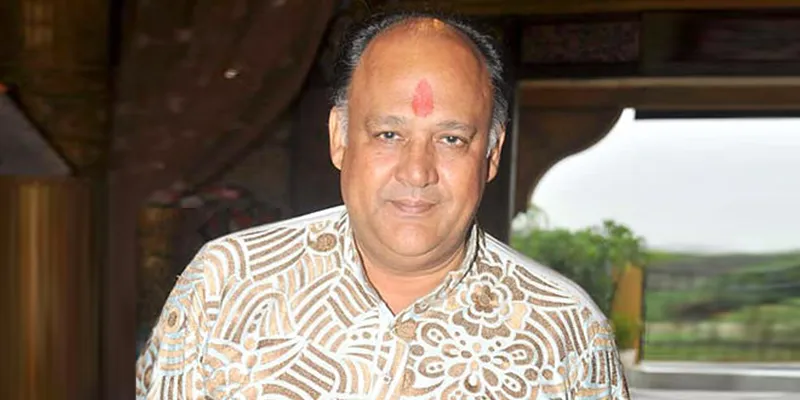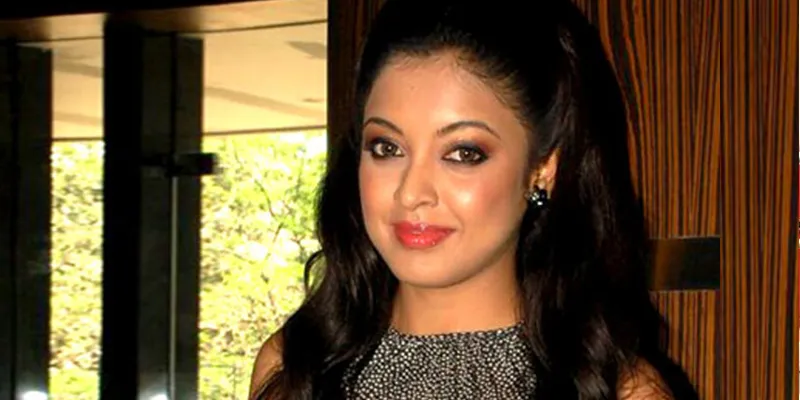6 questions we asked Bollywood on #MeToo
A year after the #MeToo storm broke in Hollywood, it’s now creating waves in Bollywood. And as dirty secrets come tumbling out, there are a lot of behind-the-scenes scenes from the film industry. We asked industry insiders six questions topmost on our mind:
#1. Does the casting couch exist in Bollywood?
A casting director for A-grade films says, on the condition of anonymity, “Yes, it exists. But things are way better now than they were earlier.”
“As a casting director of a TV series and films, I run a clean ship. The directors and crew are instructed not to interact with the talent for any other reason than professional co-ordination.” He added he had even blacklisted a few actors known to be misogynistic in their personal lives.
He added, “I work for A-grade films and I haven’t come across any incident while casting actors. We look at serious actors with theatre experience; those with training from NSD or FTII are more likely not to fall into this trap. But I am sure it happens to people who work in B or C-grade films.”
Soon after this conversation, Phantom Films, the production company for the two-part Gangs of Wasseypur and Netflix's first Indian series Sacred Games, was dissolved after its co-founder and director Vikas Bahl was accused of sexual harassment. The co-founders of Phantom Films include directors Anurag Kashyap and Vikramaditya Motwane and producer Madhu Mantena.
#2. Can she say no and make it in the industry?
Earlier this year, choreographer Saroj Khan had commented on a casting-couch protest saying, “Yeh ladki ke upar hai ki tum kya karna chahti ho. Tum uske haath mein nahi aana chahti, ho toh nahi aaogi. (It’s up to the woman to decide what she wants to do. If you don’t want to fall into the casting couch, you won’t.)
But life is rarely as simple and there the factors to consider here are:
Constant normalisation of sexual abuse
Priya Malik, open-mic poet, sports anchor, and Bigg Boss contestant, told YourStory that “flippant” statements from those established in the industry personalities are the problem. “This constant normalisation of rape and sexual abuse. I know of many newcomers who are so willing to undergo it because they assume it's the norm. THAT is the problem,” she says.
They don’t listen when one says no
A director spoke up against TV and film actor Alok Nath misbehaving with the female lead writer of a popular TV series and said he allegedly raped her in her own house after mixing her drinks. Tanushree Dutta, who says she refused actor Nana Patekar and director Vivek Agnihotri's advances 10 years ago while working on Horn OK Pleassss, found the film industry didn’t listen to her - and worse - put her out of work.
Saying no is a privilege
There is a misconception that if someone is sexually assaulted, they would not talk to or interact with the perpetrator later. The University of Michigan Sexual Assault Prevention and Awareness Centre, on its website says, “There are many reasons why a survivor might maintain a relationship with someone who has assaulted them. The survivor may be unable to avoid the perpetrator if they live together, work together, are in class together, or have the same social circles. Or the survivor might still be defining and trying to understand what’s happened to them.”
In the Alok Nath case, for instance, the lead writer says she had to write a show for him after the incident. “I needed the job and didn’t want to leave it as I needed the money.” She says she finally quit after Nath allegedly violated her.

#3. What legal options do survivors have?
Supreme Court lawyer Devanshi Popat says, “Normally, an FIR has to be filed, an investigation is carried out, statements are recorded, and charges framed. Then comes the trial.” She adds that without an investigation, no man can be held guilty, or punished over unsubstantiated statements that have not gone through the process of the law. “A Twitter or a media trial is not one of them.”
She advised survivors to get all the information they could and seek legal recourse. “Time, place, the exact incident. Anything they can give to substantiate the allegation. An investigation will then take place,” she says.
Ashish Chavan, advocate with the Bar Council of Maharashtra and Goa, who has represented both sides in sexual harassment cases, says the Tanushree Dutta case is a mixed bag. “There is support for her on social media, but she doesn’t have eyewitnesses, unlike her alleged perpetrators. The situation looks bleak in the eyes of the law.”
What about the video circulating on social media, we ask? Where cameraman Pawan Bharadwaj is seen attacking Tanushree Dutta and her father's car. “That may not be considered evidence. Who is to tell that this video is legitimate?” Chavan says.

Last week, the Supreme Court took some progressive decisions and the question is, will this trickle down to Tanushree’s case? “Let’s keep the ‘isms’ out of the legal battle. Law works on evidence and not emotions. We need to look at it dispassionately and see the evidence,” says Chavan.
“The harsh reality is that fraudulent cases are filed every day. This brings down the credibility of unsubstantiated statements knowingly or unknowingly,” Devanshi adds.
#4. Why don’t top actors speak up?
Why aren’t top actors speaking out, be it on the casting couch or similar gender-based harassment in Bollywood?
“Women in Hollywood have greater financial independence and freedom of speech, maybe more than Bollywood actresses who are used to male actors leading the narrative,” says Janice Sequeira, TV show anchor who backed Tanushree’s allegations. “One cannot imagine how high the stakes are for these actresses if they decide to speak out. We, the media industry, need to make them feel empowered. Probably then a #MeToo will start from the top of the industry.”
The survivor in the Vikas Bahl case was assaulted during the shooting of Kangana Ranaut’s film, Queen. The lead actress not only stepped in, but also narrated her own incidents with the accused. Kalki Koechlin, Tisca Chopra, Rakhi Sawant, and Maushami Udeshi have also called out the casting couch in Bollywood.
#5. Do men get propositioned and abused as well?
A film and theatre actor in Mumbai speaks on condition of anonymity. “Most actors and actresses are propositioned when they enter the film industry. When it comes to the casting couch, female directors are nicer to male models and vice versa. There is sexism, definitely. As a male actor, I have been propositioned twice. At times, you cut ties with the person or they stop sending you audition links.”
Actors Ranveer Singh and Ayushmaan Khurana recently spoke about the casting couch, and said they refused when asked for sexual favours during their struggling days.
#6. Why it’s important to speak up and support women who do
Janice Sequeira tweeted to corroborate Tanushree Dutta’s story. “Some incidents that take place even a decade ago remain fresh in your memory. What happened with #TanushreeDutta on the sets of Horn OK Pleassss is one such incident. #NanaPatekar.”
She told YourStory the reason why she spoke up for Tanushree. “I saw interviews the day before and it was a rude shock. Whatever she was saying added parts to the puzzle I had seen as a cub reporter in 2008. And then, there were the trolls who said she was trying to make it back to Bollywood. How could she be harassed on a set that had hundreds of people? If we don’t believe the survivor's story, we are allowing and conditioning perpetrators to get away. We have to show that boss, you can’t get away.”
As Priya Malik puts it, "It's not just about the industry or women. Creating empathy with the perpetrator and a derogatory attitude towards the survivor perpetuates a vicious cycle of keeping silent.”
Disclaimer: YourStory called up a couple of other actors who insisted they were kept anonymous or left out of the equation completely. Some said, “We don’t get involved with the industry after hours. So we don’t know what’s happening.”







